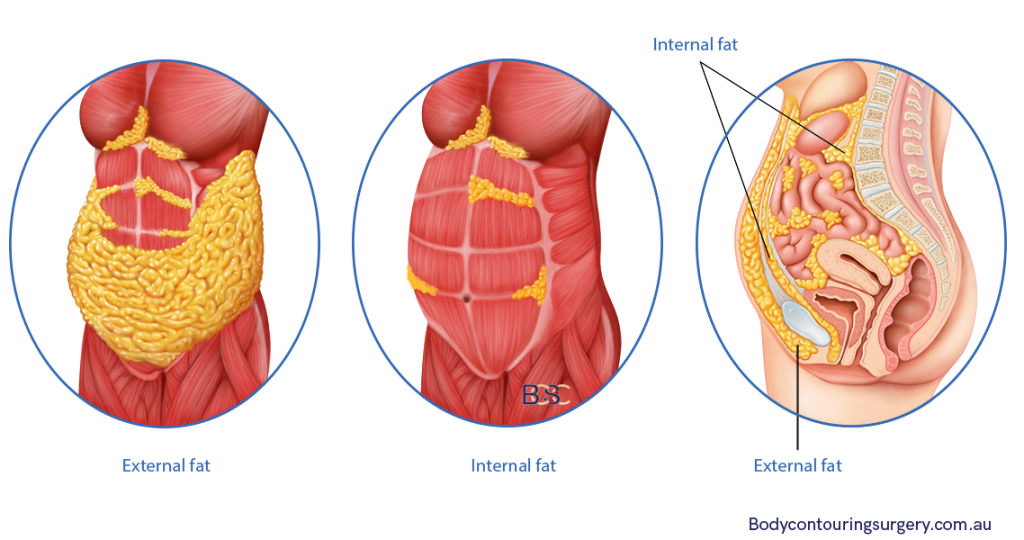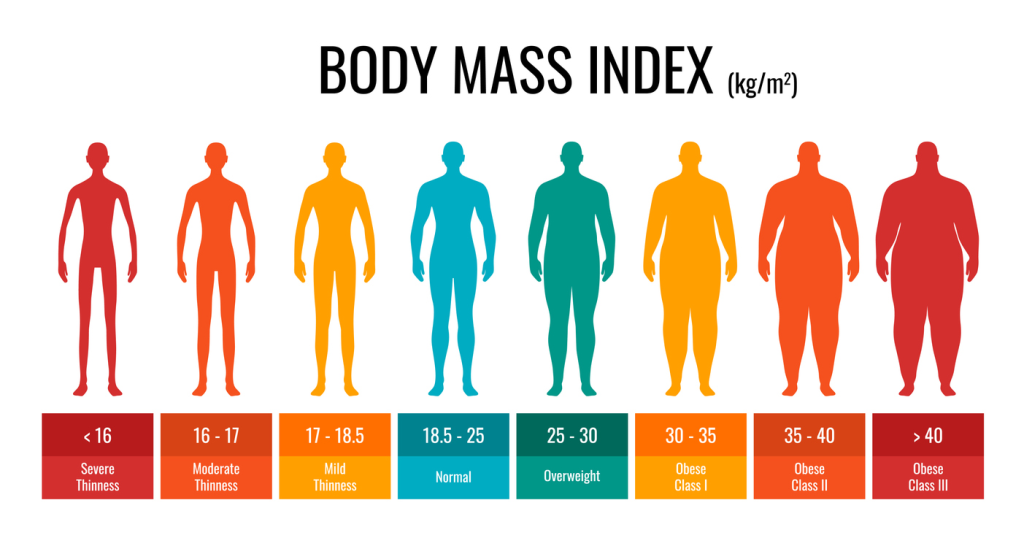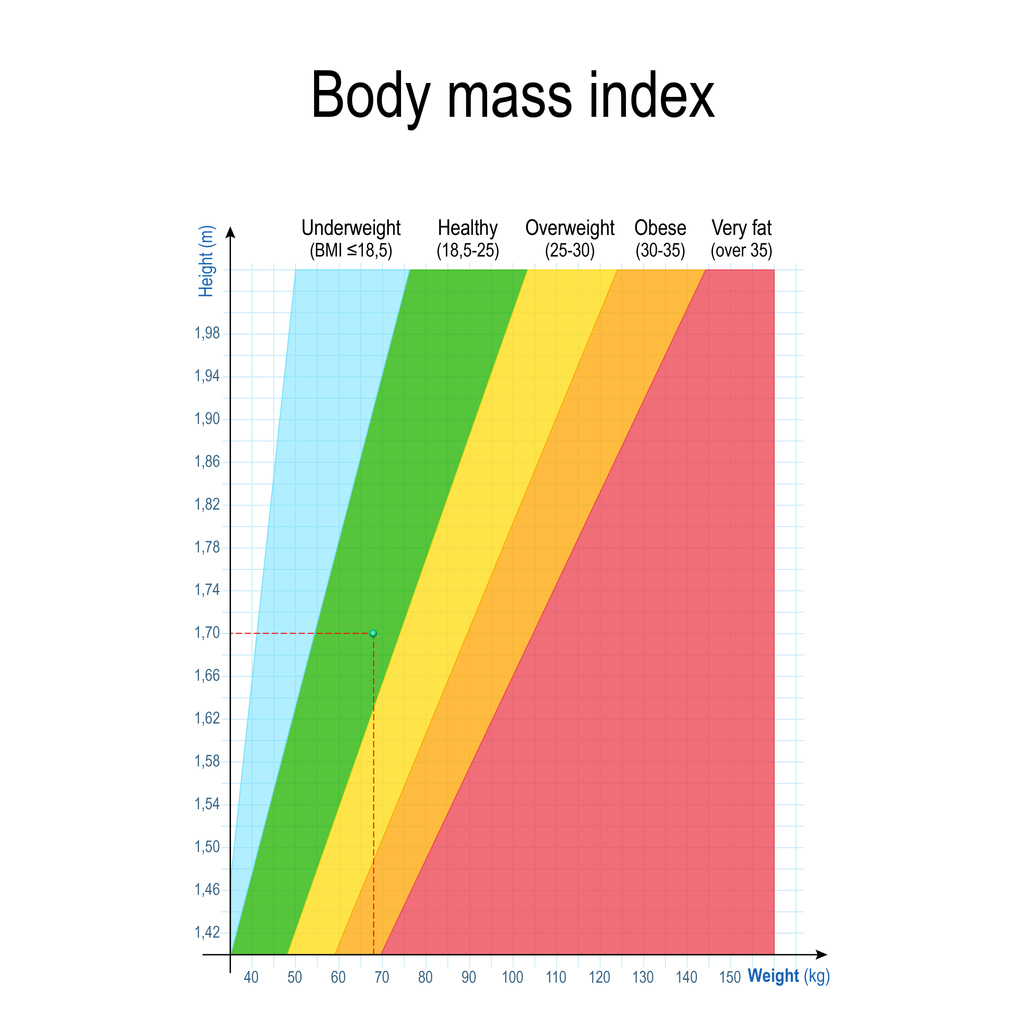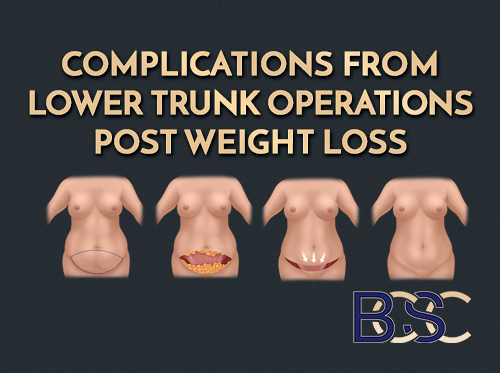How Your Weight Affects Abdominoplasty Surgery Results
Body weight plays an important role in how patients respond to abdominoplasty (tummy tuck) surgery. While Body Mass Index (BMI) is a useful guide, it is not the only factor surgeons consider. Body fat distribution, abdominal wall strength, and the amount of excess skin are equally important when assessing suitability for surgery.
Most surgeons prefer patients to be within a healthy weight range before abdominoplasty. Those with a BMI over 40 are generally not advised to undergo the procedure due to the higher risk of complications. However, decisions are always made on a case-by-case basis after a thorough consultation with a specialist surgeon.
Abdominoplasty Is Not a Weight-Loss Operation
It is important to understand that abdominoplasty is not designed for weight reduction. Instead, the procedure addresses excess skin, localised fat deposits, and abdominal muscle weakness that may remain after pregnancy or major weight loss. Patients seeking abdominoplasty are often those who have already lost significant weight or completed their family and now wish to address changes such as loose abdominal skin or stretched abdominal muscles (diastasis recti).
Internal Fat vs External Fat

When assessing candidates, surgeons consider whether fat is stored internally (around the organs) or externally (beneath the skin). Internal fat, also called visceral fat, cannot be removed during abdominoplasty and may increase surgical risk. External fat can be reduced to some extent during surgery, but excess internal fat often makes patients unsuitable until further weight reduction is achieved.
The Role of BMI in Abdominoplasty

Understanding BMI
Body Mass Index is a calculation based on weight and height. It categorises individuals as underweight, healthy weight, overweight, or obese.
- Underweight: BMI under 18.5
- Healthy weight: BMI 18.5 – 24.9
- Overweight: BMI 25 – 29.9
- Obese (Class I): BMI 30 – 34.9
- Obese (Class II): BMI 35 – 39.9
- Obese (Class III): BMI 40 and above
While BMI has its limitations, it provides a general guide for surgical risk assessment.
Why a Lower BMI Matters
Patients with a BMI under 30 generally experience:
- Safer anaesthesia administration
- Faster recovery periods
- Reduced risk of wound complications
- More predictable long-term outcomes
Those with a BMI over 40 face a higher chance of complications such as wound healing problems, seroma (fluid collection), infection, and less favourable scarring.
A study in the World Journal of Plastic Surgery found that increased BMI was linked to longer operative times, extended hospital stays, and higher complication rates.

Evidence in Overweight Patients
While a BMI under 30 is preferred, abdominoplasty can sometimes be performed safely in patients who are overweight. A study published by the American Society of Plastic Surgeons reported that many overweight and obese patients experienced high satisfaction rates following surgery. However, risks remain higher than for those within a healthy BMI range.
Weight and Obesity in Australia
According to the Australian Institute of Health and Welfare, around 67% of adults in Australia are overweight or obese, with 12% classified as severely obese (BMI >35). This means discussions about BMI and weight stability are common in abdominoplasty consultations.
Achieving an Ideal Weight Before Abdominoplasty
Reaching a stable and healthy weight before abdominoplasty is strongly recommended. This reduces surgical risk and helps ensure results are longer lasting. If weight fluctuates after surgery, the abdominal appearance may change, and further surgery may be required.
Practical Steps for Weight Management
- Avoid crash diets: These provide short-term results but often lead to rapid weight regain.
- Adopt a balanced diet: Focus on whole foods, adequate protein, reduced refined sugar, and controlled portions.
- Structured meal planning: Preparing meals in advance helps prevent unhealthy choices and promotes steady progress.
- Exercise regularly: Strength training helps improve metabolism and body composition, supporting long-term weight stability.
- Prioritise sleep: Poor sleep disrupts hormones that regulate appetite and can contribute to weight gain.
- Stay hydrated: Drinking water and including water-rich foods supports metabolism and overall health.
Key Takeaways
- Abdominoplasty is not a substitute for weight loss.
- A BMI below 30 is considered optimal, but surgery can sometimes be performed in patients above this level.
- Higher BMI is linked with greater surgical risks.
- Stable, healthy weight achieved through sustainable lifestyle habits is the best foundation for long-term results.


